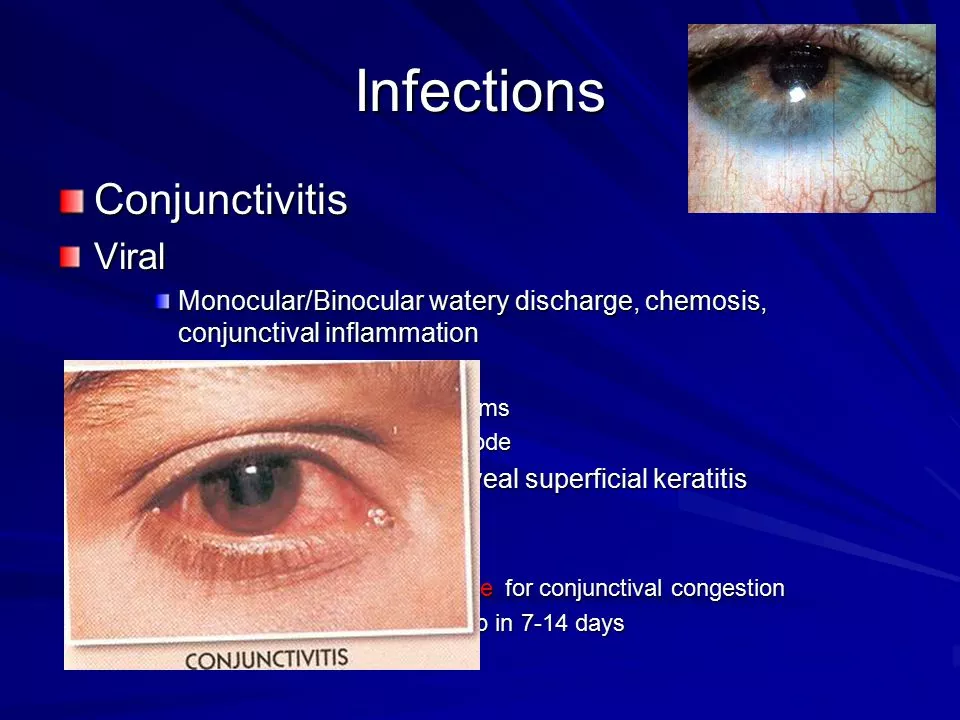Allergic Conjunctivitis – What It Is & How to Stop It
If your eyes feel gritty, watery, or itchy after a walk outside, you might be dealing with allergic conjunctivitis. This is simply an eye allergy that makes the thin tissue covering your eyeball swell and turn red. The good news? Most cases are mild and can be controlled at home.
Common Triggers and Symptoms
Seasonal pollen, pet dander, dust mites, or even smoke can set off the reaction. Look for these signs: redness in the whites of your eyes, itching that makes you want to rub them, a watery discharge, and mild swelling of the eyelids. If only one eye is affected, it could still be an allergy—sometimes the other eye follows later.
Quick Relief and Treatment Options
The fastest fix is a cold compress. Hold a clean, chilled washcloth over your closed eyes for a few minutes; this cuts inflammation and soothes itching. Over‑the‑counter antihistamine eye drops work by blocking the chemicals that cause redness. If you prefer pills, oral antihistamines like cetirizine can calm both eye and nasal symptoms.
For stubborn cases, prescription steroid drops may be needed, but only under a doctor’s watch because long‑term use can harm your vision. Artificial tears are also handy—they rinse out allergens and keep the surface moist, making it harder for irritants to stick.
Prevention beats treatment every time. Keep windows closed on high‑pollen days, use air filters, and wash your hands after petting animals. If you wear contact lenses, switch to glasses during allergy season; lenses can trap pollen right against the eye.
When should you see a professional? If redness lasts more than a week, vision blurs, or pain develops, book an appointment. An eye doctor can rule out infections and prescribe stronger medication if needed.
Living with allergic conjunctivitis isn’t a life sentence. By spotting triggers early, using simple home tricks, and knowing when to get help, you can keep your eyes clear and comfortable all year round.

Bepotastine for Allergic Conjunctivitis in Children: Is it Safe and Effective?
As a parent, I'm always concerned about the safety and effectiveness of medications for my children. I recently came across information about Bepotastine for treating allergic conjunctivitis in children. From what I've gathered, it appears that Bepotastine has been shown to be both safe and effective in treating this condition. Studies have demonstrated significant improvements in symptoms with minimal side effects. So, if your child is suffering from allergic conjunctivitis, Bepotastine might just be the solution you've been searching for.
Detail